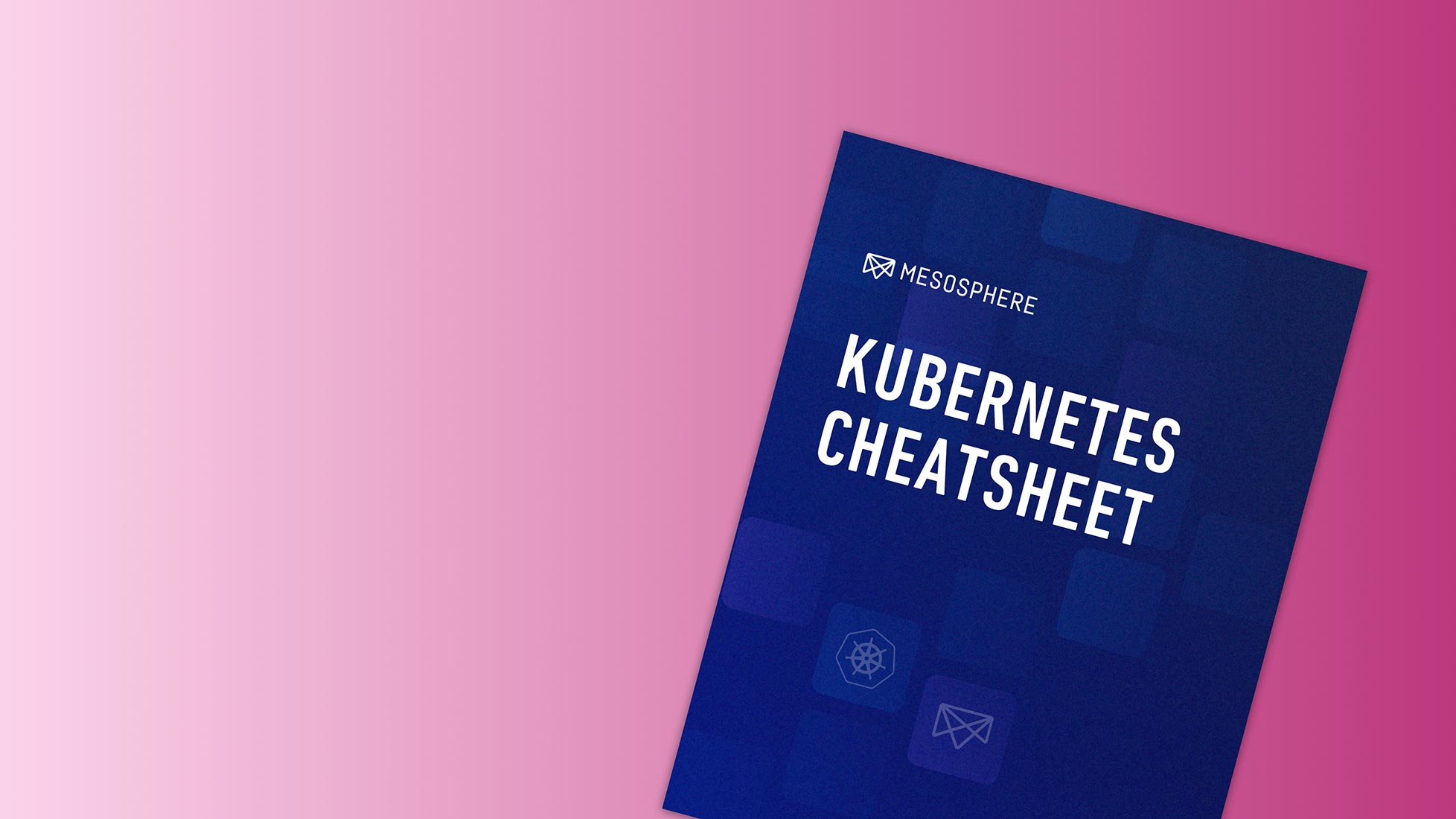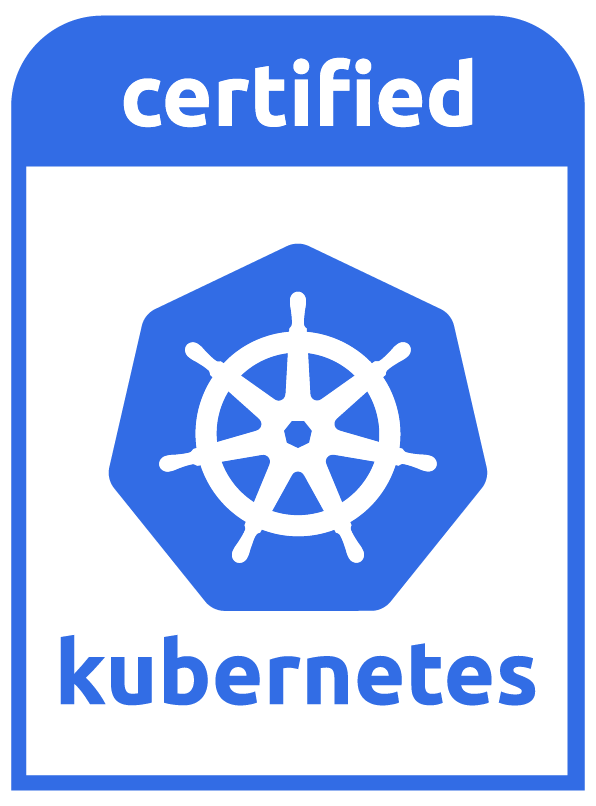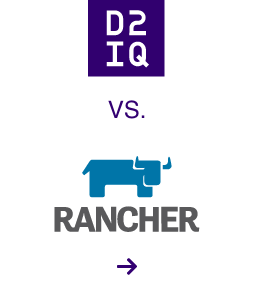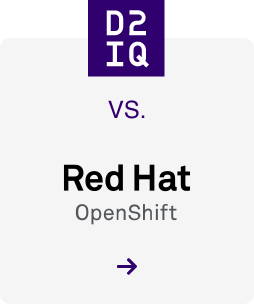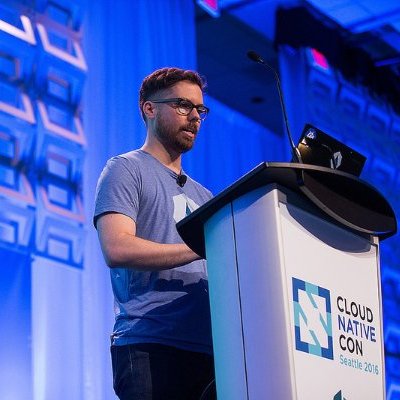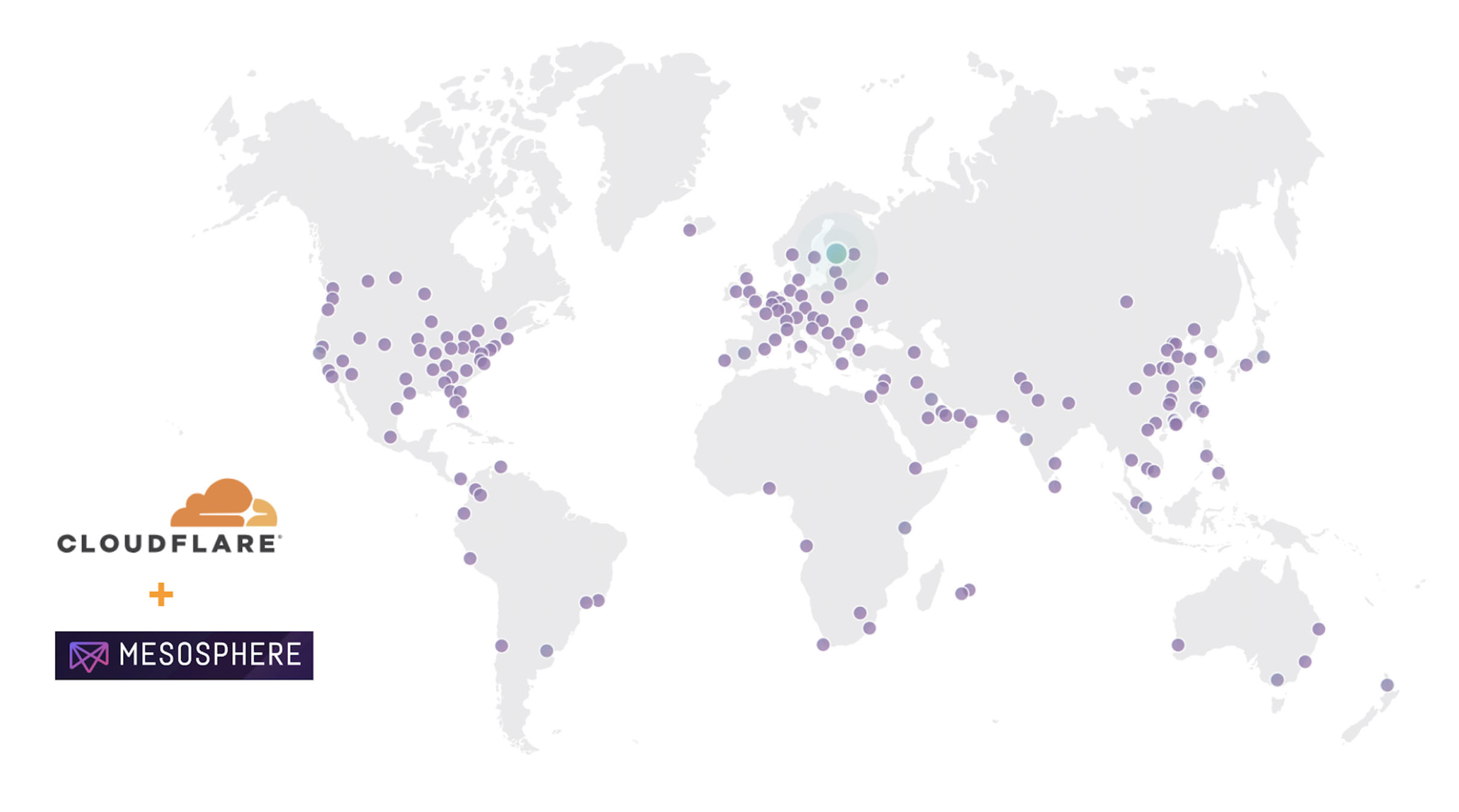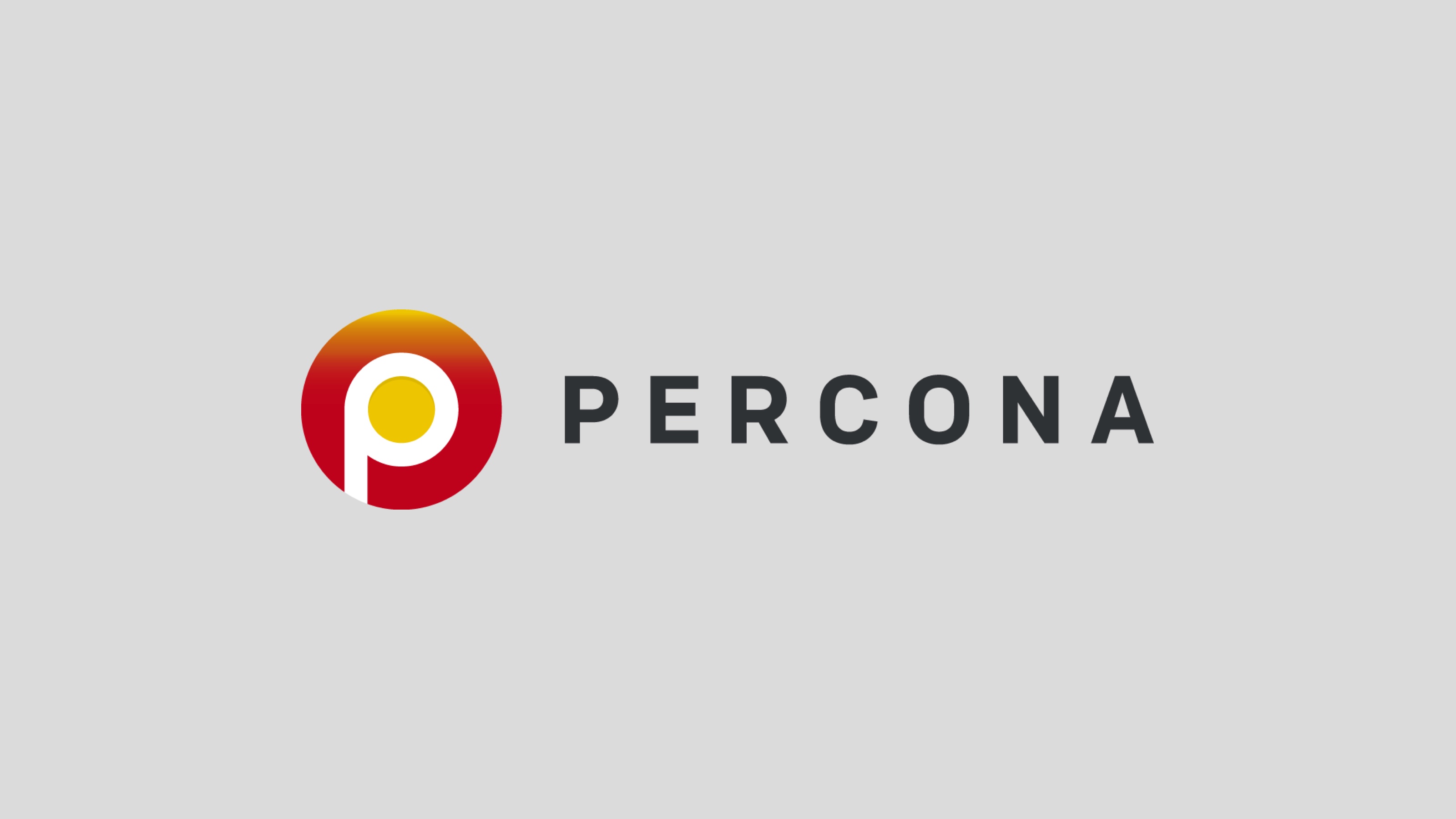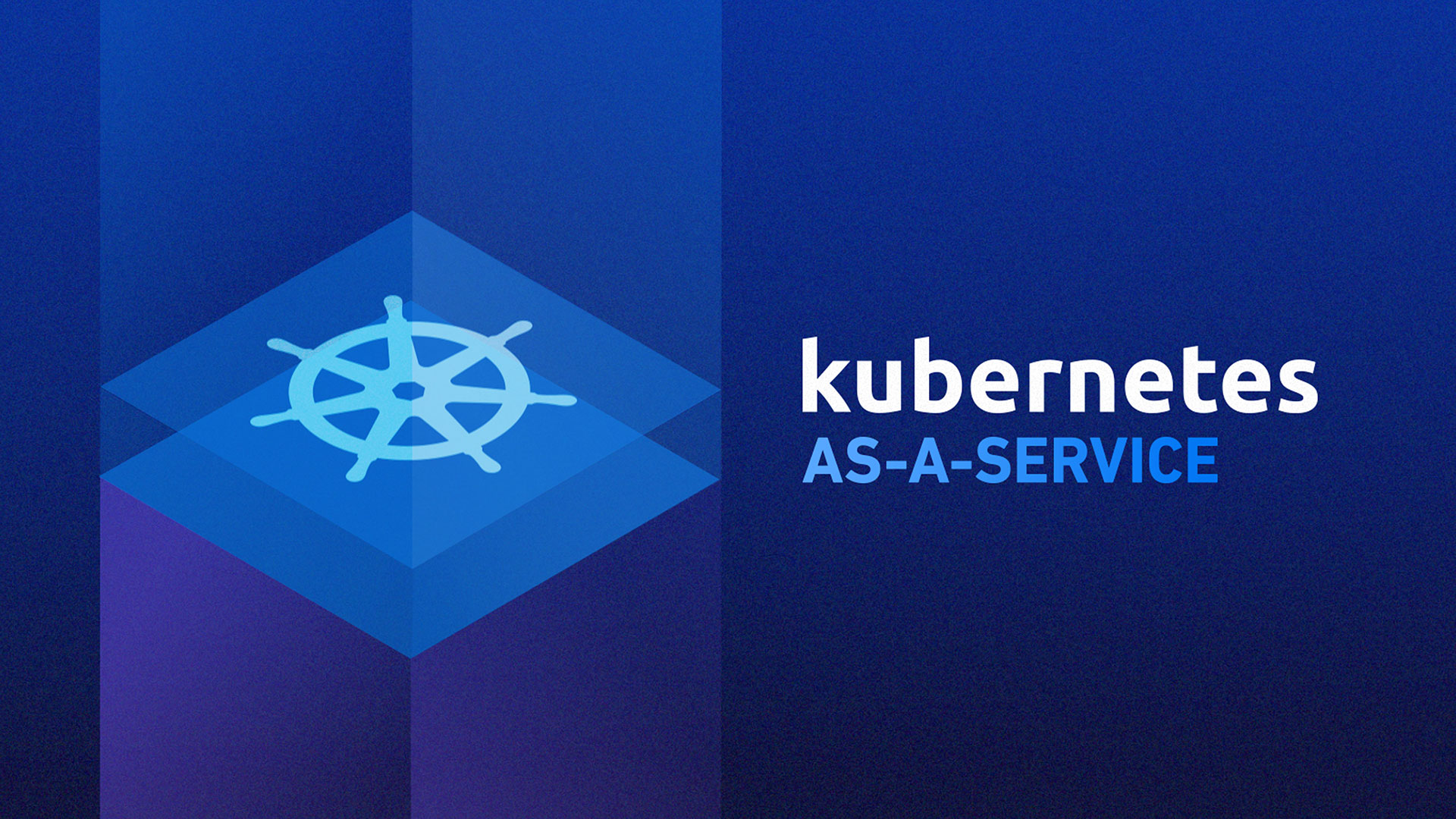Getting a "hello world" Kubernetes cluster set up and running in a test environment is easy, but where to go from there can often be daunting. Information on how to operate an end to end Kubernetes solution is dispersed across the internet or in classes that only dive into a single component. In our recent webinar bootcamp, we presented a series of episodes that go through the end-to-end management of Kubernetes and its necessary supporting services, such as monitoring and troubleshooting. Mesosphere now has a free Kubernetes cheatsheet geared towards arming Kubernetes cluster administrators, architects, infrastructure engineers, and others in operations. This
free cheatsheat can only be downloaded from Mesosphere.
The Kubernetes cheatsheet covers:
- What is Kubernetes?
- Kubernetes as a Service Design Considerations
- Kubernetes solution components:
- Standard Components
- Standard Add-ons
- Required Services for End-to-End Solution
- Constructs
- Basic Commands
Automated as-a-Service Management of Kubernetes
DC/OS automates the manual and repetitive tasks of managing a Kubernetes cluster and surrounding services needed for an end-to-end container solution. WIth DC/OS, operations can deliver Kubernetes, Jenkins, Gitlab and more as-a-Service for every line of business without the worry of being locked into particular premium infrastructure.
Push-Button Kubernetes for Existing Customers
For current Mesosphere customers, after transitioning to DC/OS 1.11, it is easy to spin up a highly available Kubernetes cluster for production workloads with a single push of a button or single command line. For more information see
official documentation.
Quickstart for New Open Source DC/OS Users
For those that are new to DC/OS, there is now a
Quickstart to get you up and running quickly. There are Terraform templates for AWS, Microsoft Azure and Google Cloud to help you provision cloud instances, DC/OS, and a Kubernetes cluster with a few commands.
